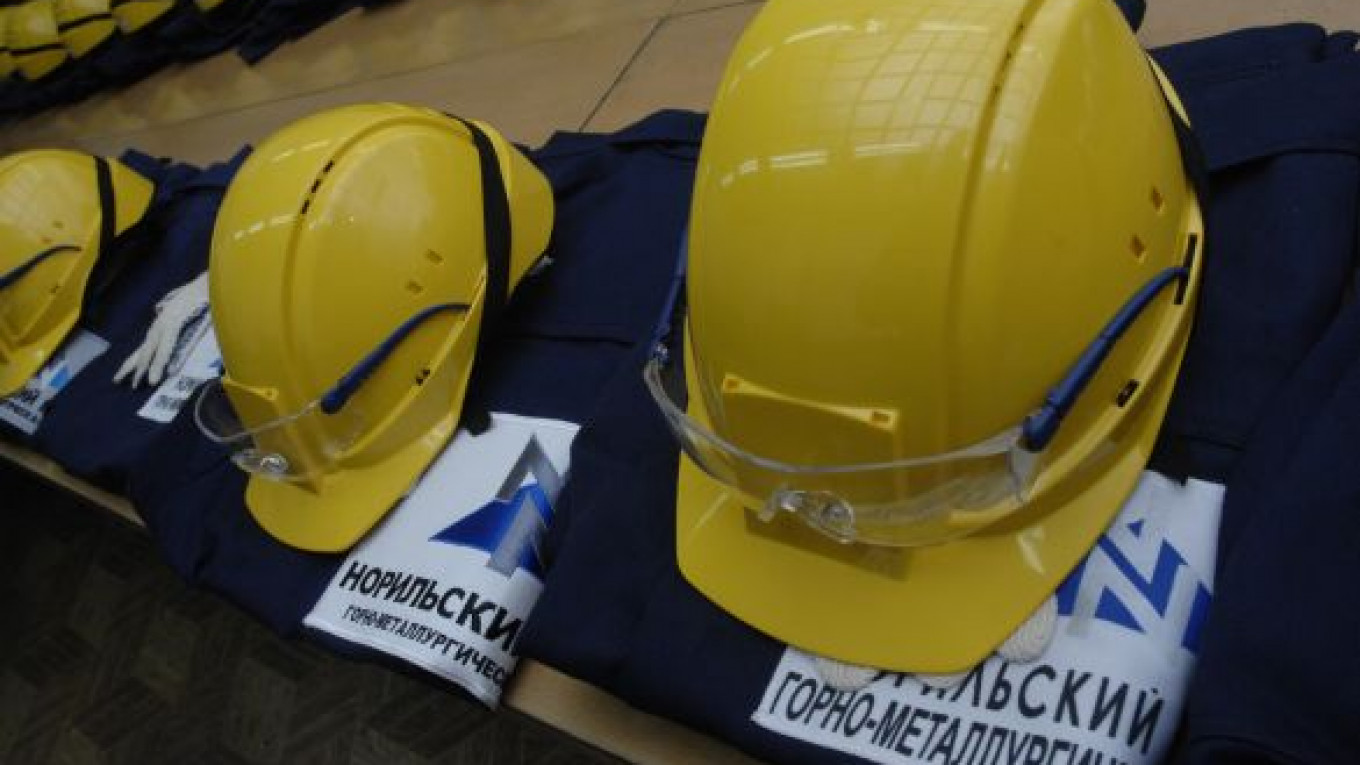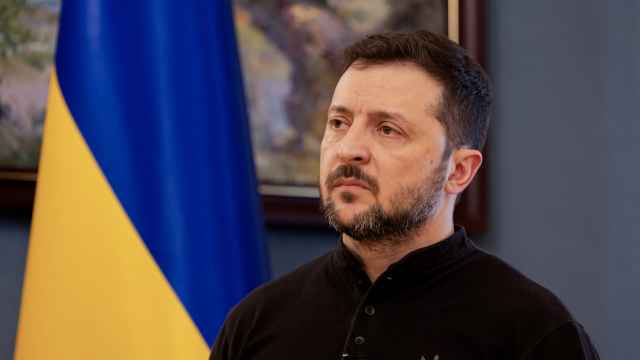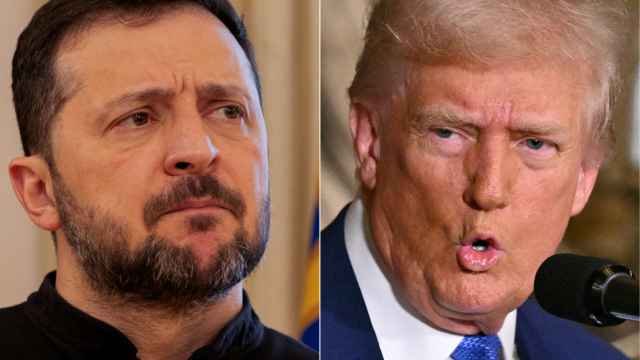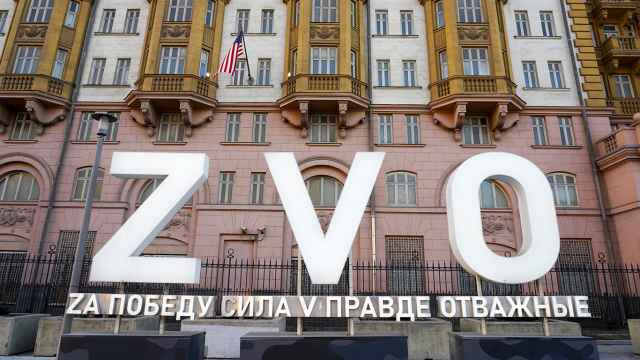Technologies used by Russian Platinum to develop the Norilsk-1 copper and nickel deposit could harm the environment, Norilsk Nickel deputy chief executive Yury Filippov said, as cited by Interfax.
In June, Russian Platinum, a mining company owned by businessman Musa Bazhayev, beat Norilsk Nickel in a tender for the southern section of the deposit, which is in the Krasnoyarsk region.
Norilsk Nickel, which is developing the northern section of the deposit, argued that the decision to award the field to Russian Platinum was not objective, and it challenged the results of the tender.
The Russian Academy of Sciences said in a report that the technologies for processing concentrate proposed by Russian Platinum are superior to the current "archaic" technologies used by Norilsk Nickel, which result in more pollution.
Russian Platinum's proposal is also better in terms of sulfur recovery, infrastructure development and job creation, the report states.
Norilsk Nickel planned to process the ore at its Norilsk enrichment plant, which has 1960s-era technology and equipment, the academy said.
The recovery rate for nonferrous and precious metals at Norilsk Nickel's enrichment facilities is 60 to 70 percent.
Russian Platinum has targeted a rate of 80 percent in the planned second phase of enrichment at the Chernogorskoye operation, which will produce one type of concentrate, not three or four like Norilsk Nickel, the report states.
Norilsk Nickel believes that Russian Platinum's project proposal is largely declarative and copies Norilsk Nickel methods, while the academy's conclusions are superficial, Filippov said.
Much of the know-how announced by Russian Platinum has barely passed the stage of lab testing, Norilsk Nickel said.
Some of Russian Platinum's proposals entail significant environmental risks, such as the proposed technology for recovering sulfur with production of sulfuric acid, the nickel producer contends.
Moreover, Russian Platinum has underestimated additional costs related to neutralizing sulfuric acid and disposal of production waste, Norilsk Nickel argues.
This refers to the necessity of extracting about 500,000 tons of limestone and storing more than half a million tons of gypsum and limestone production waste, the mining giant said.
Storage will require construction of a separate tailings dump that is isolated from the rest of the water system of the Norilsk industrial district to avoid rapid gypsum build-up in pipelines, which "creates a risk not only for Russian Platinum but also for Norilsk Nickel's existing operations and residents of the city," Norilsk Nickel said.
Norilsk Nickel said it is the only company capable of processing Norilsk-1's impregnated ore efficiently and quickly.
"As for technological indicators, Norilsk Nickel already has operating production facilities with the lowest costs in the sector, and today it is already implementing a program of further improvement based on measures that Russian Platinum is only proposing," the company said.
The academy's analysis is not comprehensive, "distorts information presented in the tender materials of the participants, uses unknown sources of information that are absent from the tender materials" and reaches conclusions that "do not take into account the criteria for assessing the proposals set by the conditions of the tender," Norilsk Nickel said.
Related articles:
A Message from The Moscow Times:
Dear readers,
We are facing unprecedented challenges. Russia's Prosecutor General's Office has designated The Moscow Times as an "undesirable" organization, criminalizing our work and putting our staff at risk of prosecution. This follows our earlier unjust labeling as a "foreign agent."
These actions are direct attempts to silence independent journalism in Russia. The authorities claim our work "discredits the decisions of the Russian leadership." We see things differently: we strive to provide accurate, unbiased reporting on Russia.
We, the journalists of The Moscow Times, refuse to be silenced. But to continue our work, we need your help.
Your support, no matter how small, makes a world of difference. If you can, please support us monthly starting from just $2. It's quick to set up, and every contribution makes a significant impact.
By supporting The Moscow Times, you're defending open, independent journalism in the face of repression. Thank you for standing with us.
Remind me later.






